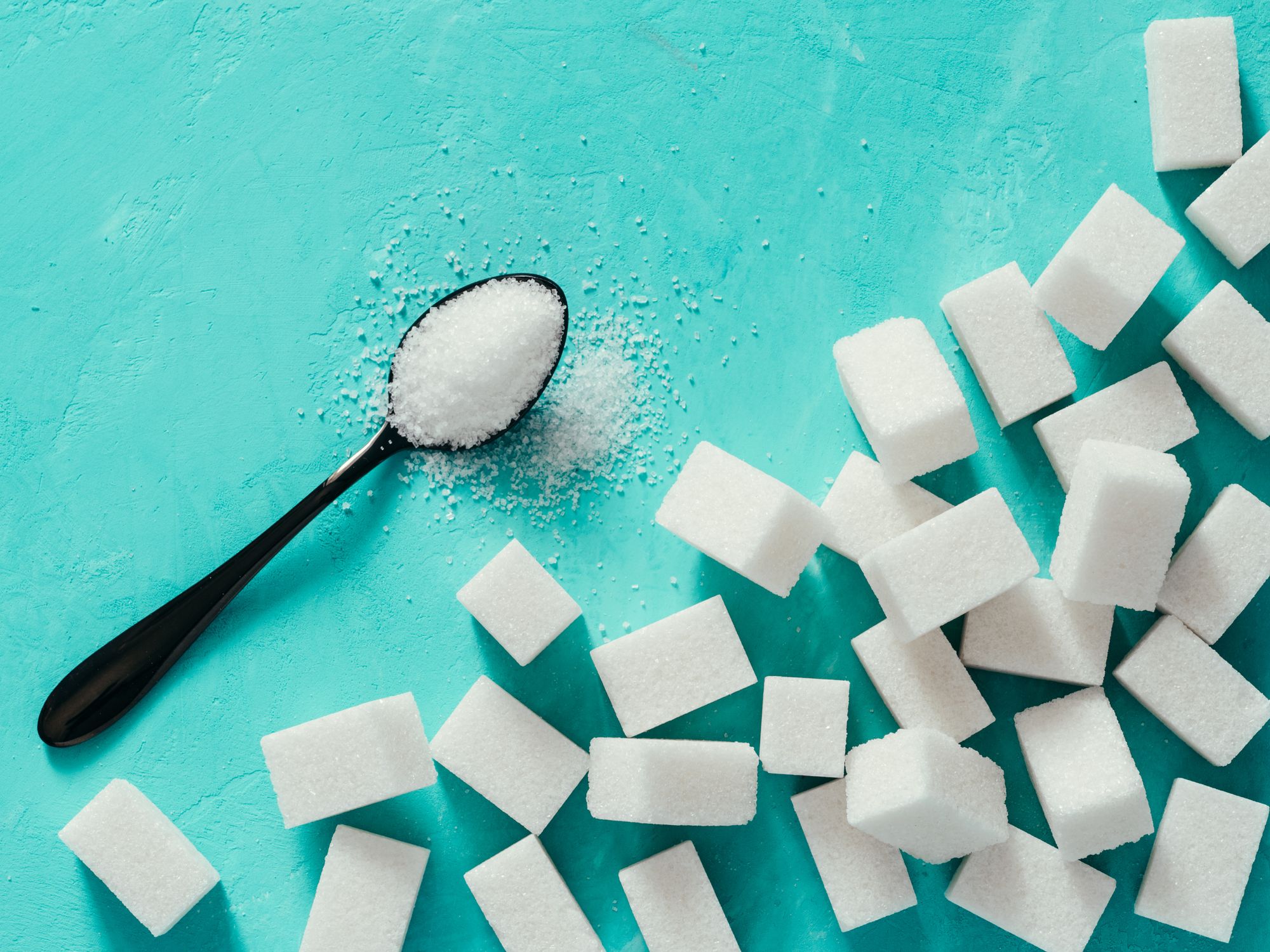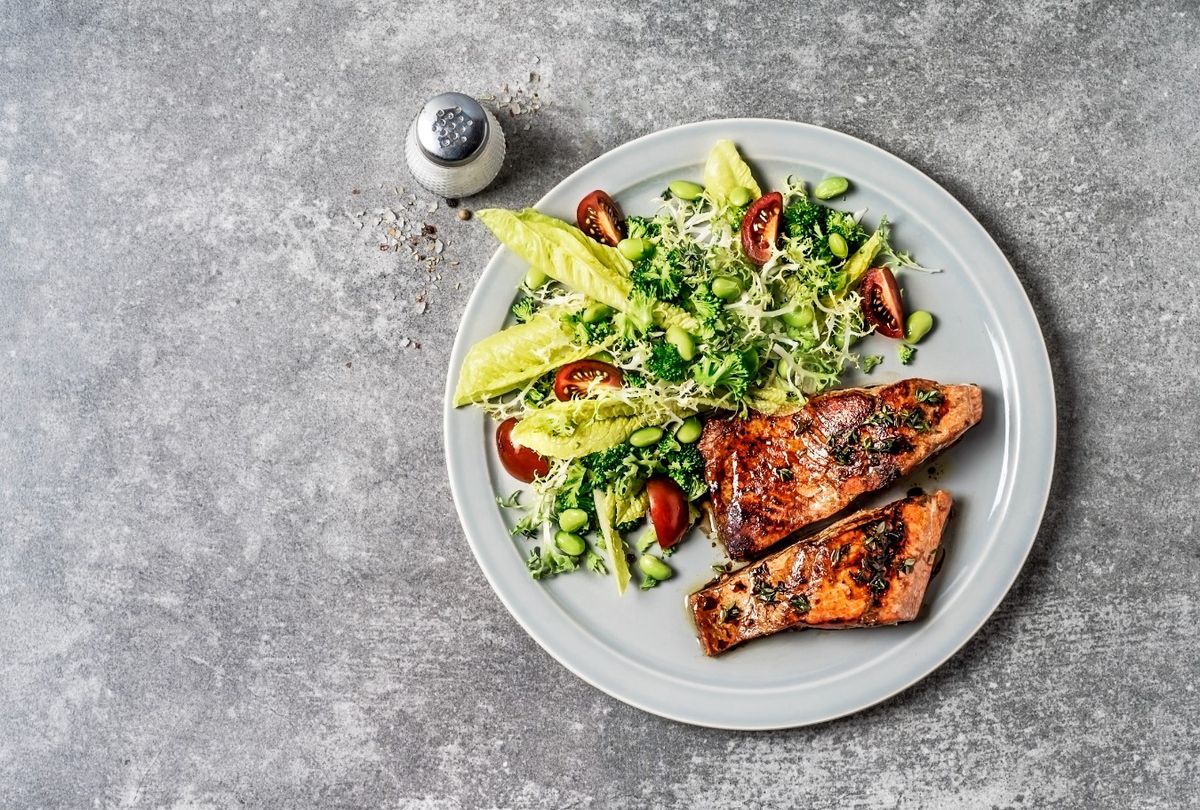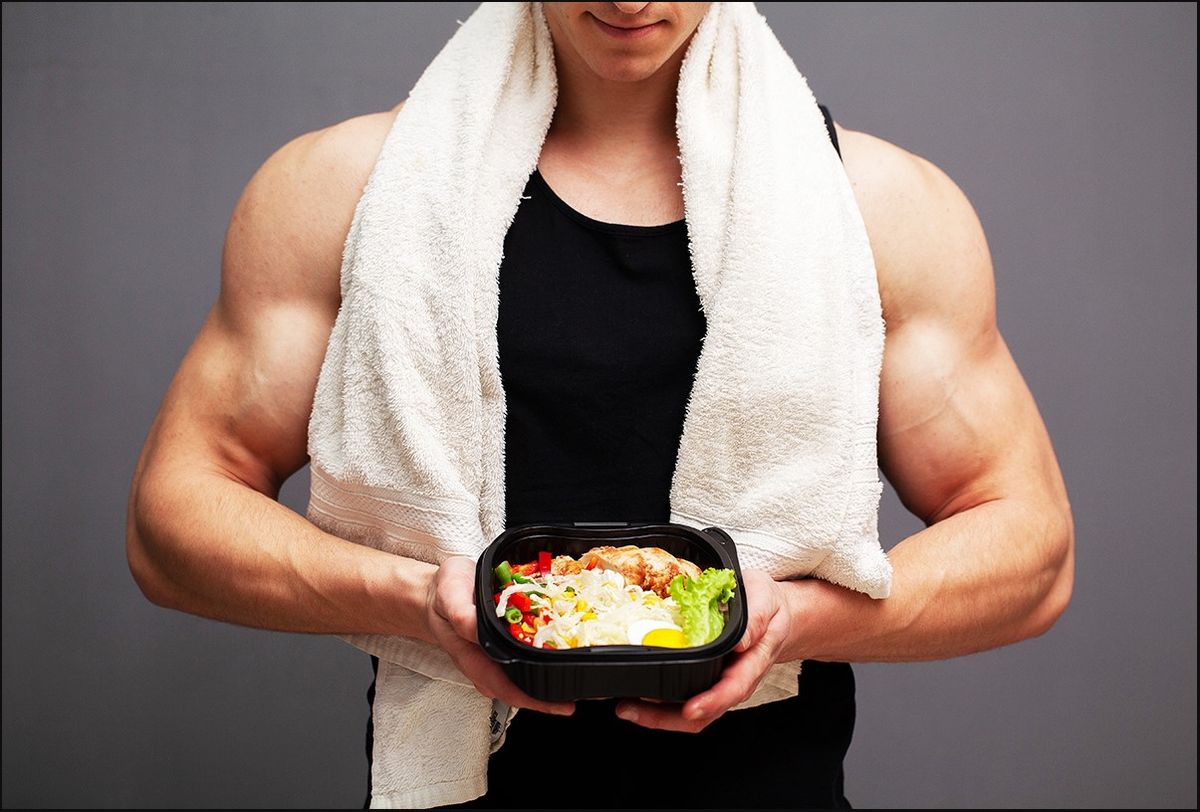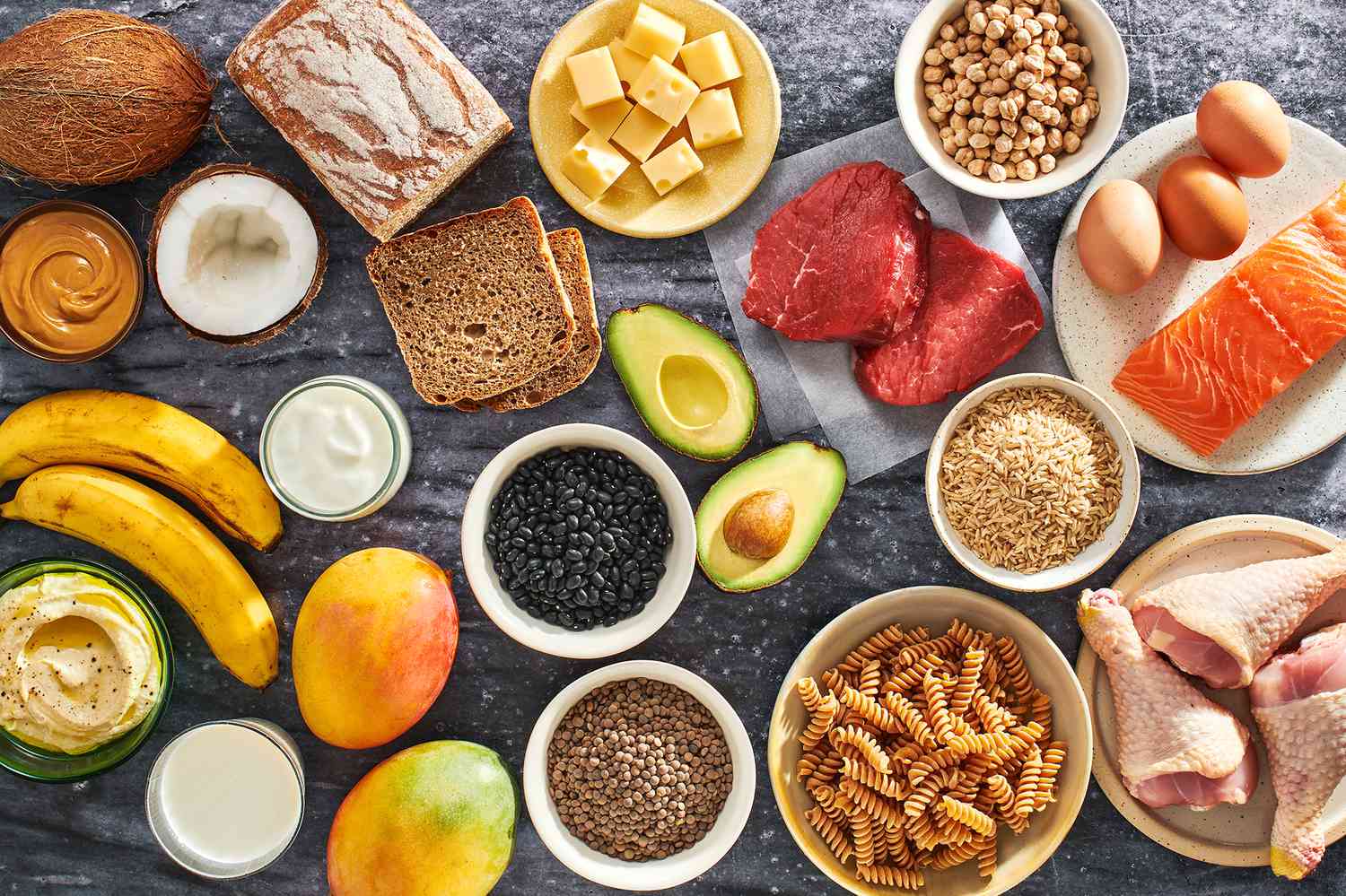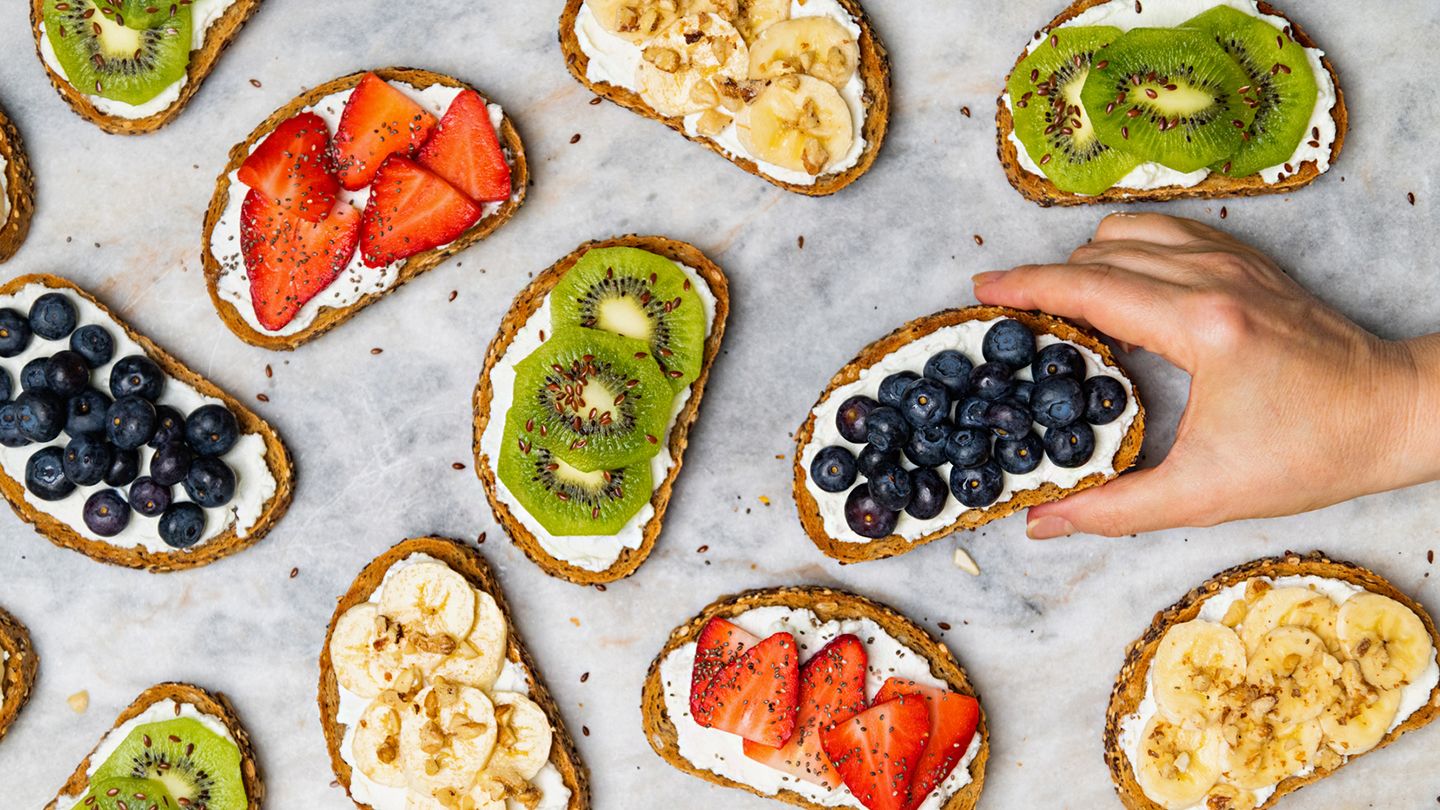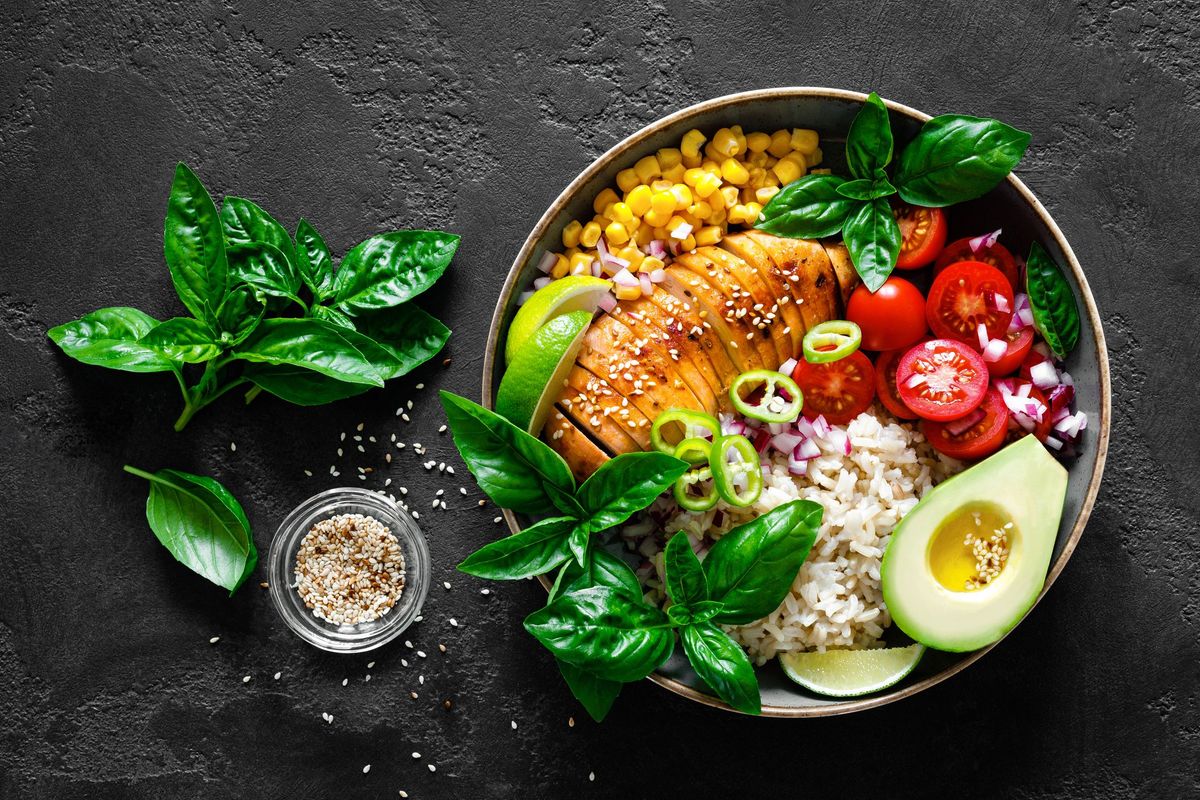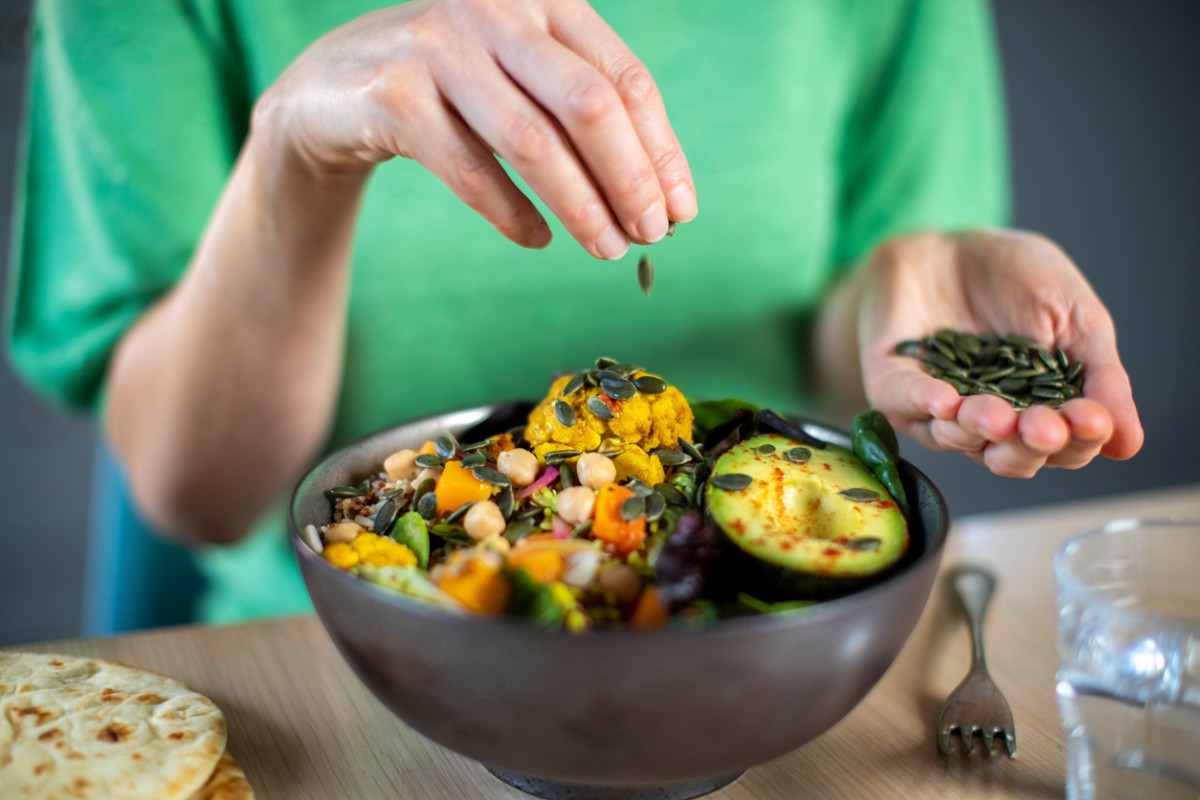How to Gain Fat for Stored Energy through Your Diet
When it comes to gaining fat for stored energy, it’s important to approach it in a healthy and sustainable way. While many people focus on losing weight, there are individuals who may need to gain fat for various reasons, such as preparing for a physically demanding event or recovering from an illness. Here are some tips on how to eat to gain fat for stored energy through your diet.
Focus on Nutrient-Dense Foods
When aiming to gain fat for stored energy, it’s crucial to prioritize nutrient-dense foods. These are foods that provide a high amount of nutrients relative to their calorie content. Opt for foods such as:
- Avocados: Rich in healthy fats and vitamins
- Nuts and seeds: Packed with healthy fats, protein, and fiber
- Fatty fish: Contains omega-3 fatty acids and is a great source of protein
- Olive oil: A healthy source of monounsaturated fats
- Whole grains: Provide complex carbohydrates for sustained energy
- Dairy products: Full-fat options can contribute to healthy weight gain
Consume Calorie-Dense Foods
In addition to nutrient-dense foods, incorporating calorie-dense foods into your diet can help you gain fat for stored energy. These foods provide a high number of calories in a small serving size. Examples of calorie-dense foods include:
- Nut butters: Peanut butter, almond butter, or cashew butter
- Cheese: Full-fat cheese varieties
- Dried fruits: Dates, raisins, and apricots
- Granola: A mix of oats, nuts, and dried fruits
- Dark chocolate: High in calories and rich in antioxidants
- Coconut oil: Adds calories and healthy fats to meals
Include Regular, Balanced Meals
While it’s important to focus on calorie-dense and nutrient-dense foods, it’s equally crucial to consume regular, balanced meals. Aim to include a source of protein, healthy fats, and carbohydrates in each meal. For example, a balanced meal for gaining fat could consist of:
- Grilled salmon (protein and healthy fats)
- Quinoa (complex carbohydrates)
- Steamed vegetables drizzled with olive oil (nutrient-dense and calorie-dense)
By incorporating a variety of foods into your meals, you can ensure that you’re meeting your body’s nutritional needs while also promoting healthy weight gain.
Snack Strategically
In addition to regular meals, strategic snacking can help you gain fat for stored energy. Opt for nutrient-dense snacks that provide a good balance of macronutrients. Some examples include:
- Trail mix: A combination of nuts, seeds, and dried fruits
- Greek yogurt with honey and granola
- Apple slices with almond butter
- Cheese and whole grain crackers
Snacking between meals can help you increase your overall calorie intake, supporting your goal of gaining fat for stored energy.
Stay Hydrated
Proper hydration is essential when aiming to gain fat for stored energy. Drinking an adequate amount of water supports overall health and can help optimize digestion and nutrient absorption. Additionally, consider consuming calorie-containing beverages such as:
- Smoothies made with full-fat yogurt, fruits, and nut butter
- Whole milk or plant-based milk alternatives
- Fruit juices (in moderation)
By staying hydrated and incorporating calorie-containing beverages, you can further support your body’s ability to gain fat for stored energy.
Consult with a Healthcare Professional
Prior to making significant changes to your diet with the goal of gaining fat for stored energy, it’s important to consult with a healthcare professional. A registered dietitian or a healthcare provider can offer personalized guidance based on your individual health status, dietary preferences, and goals.
Remember, the goal is to gain fat in a healthy and sustainable manner, supporting your body’s energy needs and overall well-being.
By focusing on nutrient-dense and calorie-dense foods, consuming regular, balanced meals, incorporating strategic snacks, and staying hydrated, you can effectively gain fat for stored energy through your diet.
